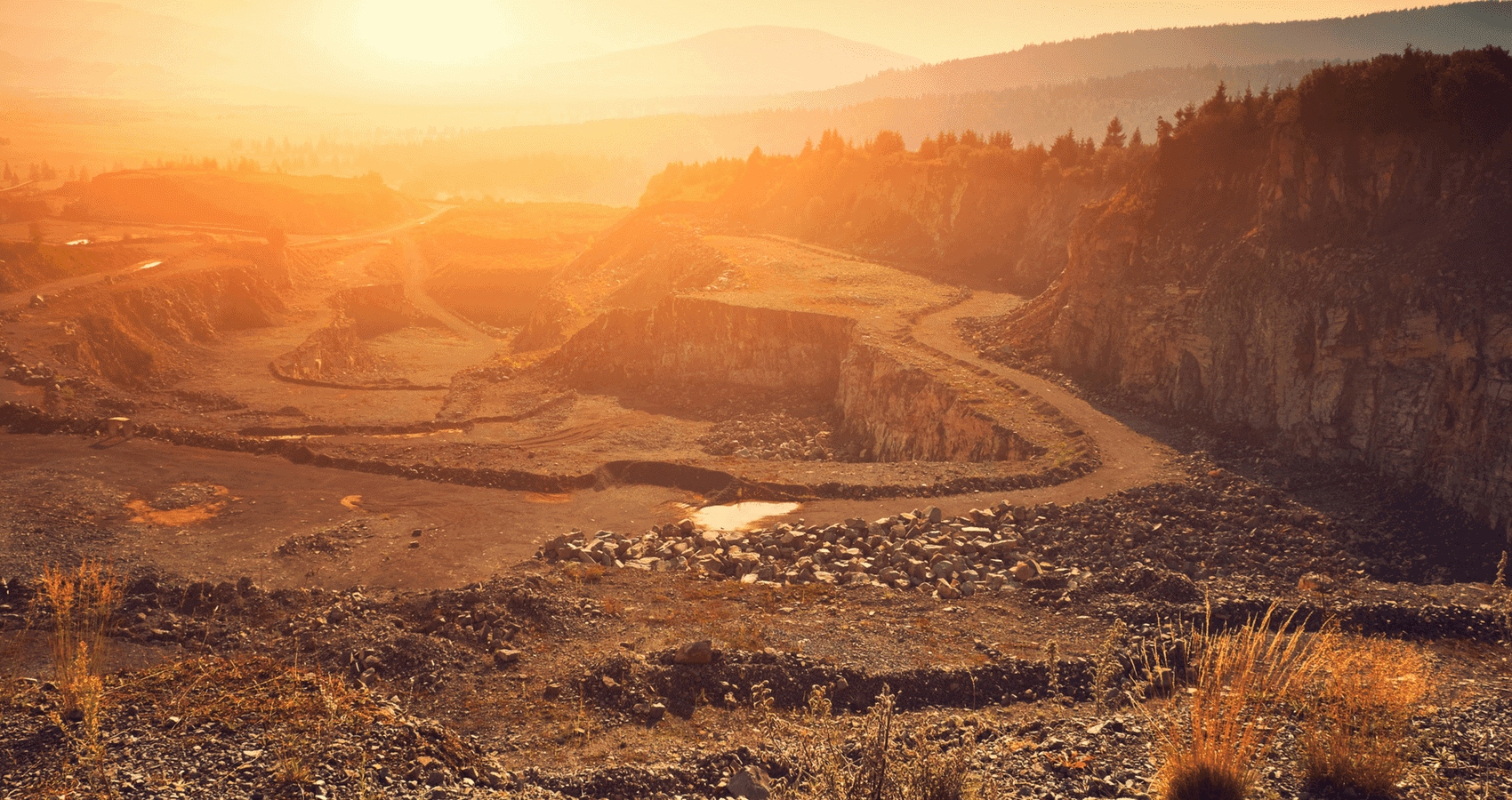The mining industry has experienced a 30 per cent decline in productivity over the past decade. Commodity price fluctuations are squeezing profit margins, and costs continue to rise. With the industry facing financial challenges, it can be easy to lose sight of other priorities.
For example, social challenges due to mining are not uncommon in the Latin America and Caribbean (LAC) regions. To achieve greater certainty for both investors and communities, and to ensure sustainable development contributes to inclusive economic growth, multi-stakeholder dialogue is necessary.
This was the focus of our recent Mining and Sustainability Forum of the Americas event organized by IGF, the Inter-American Development Bank (IDB) and the Mines Ministries of the Americas Conference (CAMMA) in Lima, Peru. Bringing together government officials, private companies and civil society from the LAC regions, we discussed how mining can contribute to sustainable development. We spoke with Marina Ruete, IGF’s LAC advisor , who organized the event, on the importance of collaboration for change in mining.
Why did you choose the theme “addressing social challenges through multi-stakeholder dialogue” for this event?
We chose this theme because LAC has a growing amount of social conflict in its regions. There’s a generalized negative perception of mining in the region, higher than in any other area in the world. We brought together key stakeholders to address this perception and discuss what needs to be done with the communities and groups involved to show how mining can contribute to sustainable development in an inclusive way. Our panels were also gender balanced and had someone from different countries in the LAC region and stakeholder groups to ensure all views were represented.
What was a key takeaway discussed at the event?
Participants discussed a number of themes, including technological innovation, transparency, development plans and inter-ministerial collaboration. However, the most widely discussed theme was early intervention and communications with individuals living in mining regions.
These communities see their government as a guarantor, someone who should prioritize their communities’ well-being. This is not always evident when individuals are not well-informed or part of the decision-making process before mining companies come to their region. Social conflicts could be reduced if governments worked with communities before the arrival of mining companies and fostered two-way dialogue between the companies and communities once they’ve arrived. Transparency throughout the communications process is key. Communities should be able to contribute to the project in a meaningful way alongside the mining company.

You mentioned technological innovation was discussed at the event. Can you elaborate?
Technological innovation is crucial in mining. Companies need to address inefficiencies in their operations to stay competitive, while ensuring they maintain their social licence to operate. This social aspect of technological innovation was discussed, highlighting how mining companies are becoming increasingly innovative and how this generates new engagements with communities. A noteworthy case is Cerro Verde and their new system to treat sewage water which has greatly benefited the community of Arequipa in the Atacama desert.
Did participants have any feedback on the theme of addressing social challenges?
Participants thought the theme was incredibly useful and timely. They were also happy to have a concrete output of the meeting. In a prioritization exercise, based on the panel discussions, they collaboratively developed recommendations to be considered by mining ministers at the next the Conference of Mining Ministers of the Americas.
One participant noted how “Peruvian mining companies are working to contribute to the achievement of the Sustainable Development Goals (SDGs),” noting how important it is for companies to work collaboratively with communities and stakeholders at local and national levels to tackle sustainability issues.
Learn more about the Mining and Sustainability Forum of the Americas, and follow IGF on Twitter and Facebook for regular updates.

